

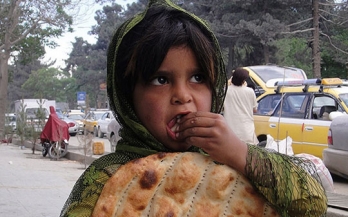
Review finds fortification documents often lack key elements
A review of grain fortification monitoring documents from 68 countries indicates that key elements are generally missing from the material. To help countries revise their documentation or establish new programs, the review authors created a 44-point checklist with sample text for food fortification legislation, standards, and monitoring policies.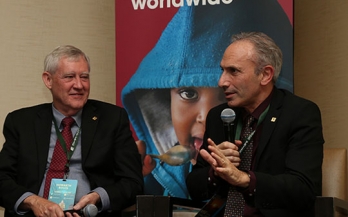
New partnership between GAIN and HarvestPlus seeks to expand access to biofortified crops
The Global Alliance for Improved Nutrition (GAIN) and HarvestPlus announced today a new partnership to bring the benefits of biofortified crops to one billion consumers. The programme will focus on commercializing and expanding the reach and coverage of nutrient-enriched crops.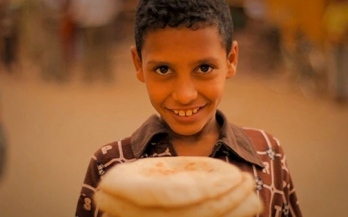
Ending hidden hunger through one of the world’s most cost-effective interventions
Micronutrient deficiencies are a leading cause of intellectual disability in children, preventable blindness in children, and maternal death during childbirth. They can limit a person’s ability to learn, earn a living, or live a healthy life. These debilitating consequences damage whole communities, as well as economies.
Final statement of the workshop on food safety and healthy diets
This declaration is based on the presentations and findings of a meeting of global experts on food safety and nutrition convened by the Pontifical Academy of Sciences with support from the Global Alliance for Improved Nutrition (GAIN) held at the Vatican, 12-13 September 2018.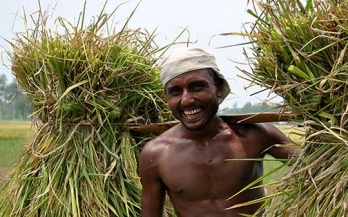
Elevator pitch contest for aflatoxin control winners revealed
The Global Alliance for Improved Nutrition (GAIN) has announced the winners of the Elevator Pitch Contest, which called for innovative ideas to remove aflatoxins from our food system. Kumwe Harvest and Future Food Now were chosen from six finalists who pitched their ideas to a panel of experts and potential investors at the 19th World Congress of Food Science and Technology (IUFoST) in Mumbai, India.
Report on the combined survey on the food fortification project and prevalence of iodine deficiency in Ghana
- 01/01/2010
The overall aim of the survey was to generate data to assess the project performance in terms of household coverage, utilization and population reach of fortified wheat flour products, vegetable oil and salt in Ghana, as well as to determine the prevalence of iodine deficiency by analysing urinary iodine.
Tajikistan wheat flour fortification assessment
- 01/05/2014
USAID Tajikistan commissioned GAIN to assess the wheat sector in Tajikistan and identify opportunities for strengthening flour fortification with micronutrients. This report follows a desk review and interviews in October 2013, a mission to Kyrgyzstan, Kazakhstan and Tajikistan in late October to November 2013 and analysis of feedback from national stakeholders in early 2014.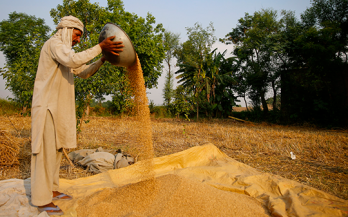
Pakistan regional food fortification project industry assessment tool - wheat flour mills
- 01/01/2017
In Afghanistan and Pakistan, there is a severe vitamin and mineral deficiency problem, including deficiencies in vitamin A, vitamin D, iron, folate and zinc. To effectively mobilize the industry and initiate the production of fortified wheat flour as per Afghan requirements, an industry assessment was conducted during November and December 2016.
Technical support project to reduce micronutrient deficiencies in Tajikistan: project compendium 2014-2017
- 01/01/2018
GAIN implemented the Tajikistan Technical Support Project to Reduce Micronutrient Deficiencies with financial support from the United States Agency for International Development (USAID) from October 2014 to December 2017. The project’s goal was to improve nutrition for vulnerable women and children in Tajikistan.